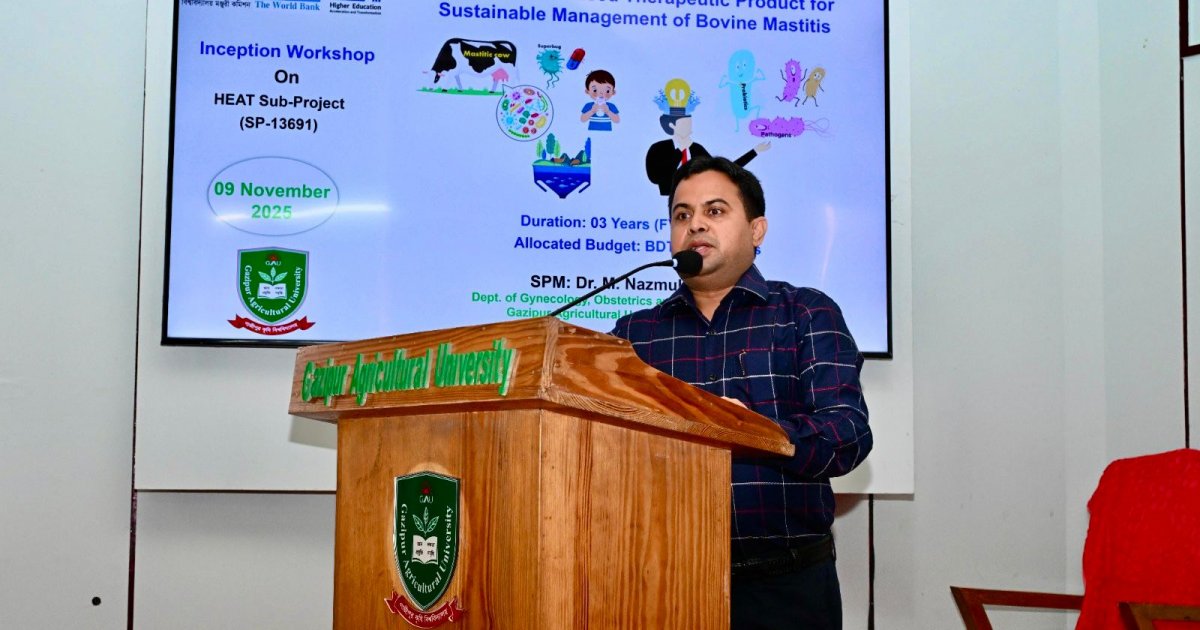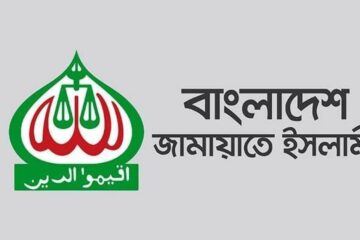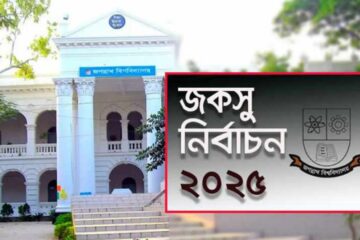A groundbreaking workshop on the sustainable management of bovine mastitis was held on Sunday at Gazipur Agricultural University (GAU).
The event marked the launch of the sub-project titled “Development of an On-site Molecular Diagnostic Kit and Probiotic-based Therapeutic Product for Sustainable Management of Bovine Mastitis,” implemented under the Higher Education Acceleration and Transformation (HEAT) project of the Directorate of Higher Education, according to a press release.
Organized by the Department of Gynecology, Obstetrics and Reproductive Health, the workshop was coordinated by Dr M Nazmul Hoque, associate professor and sub-project manager (SPM).
The day-long event, held in three sessions, was chaired by Professor Dr GKM Mustafizur Rahman, vice-chancellor of GAU. Professor Dr Md Mozahar Ali, ATF management specialist of the HEAT project, attended as the chief guest, while Professor Dr M Moynul Haque, pro-vice-chancellor and Professor Dr Md Safiul Islam Afrad, treasurer, were present as special guests.
Eminent veterinarian and scientists Professor Dr Mohammad Musharraf Uddin Bhuiyan of Bangladesh Agricultural University and Professor Dr AMAM Zonaed Siddiki of Chittagong Veterinary and Animal Sciences University — also joined as expert members.
The workshop highlighted the urgent need for a cost-effective molecular diagnostic kit to ensure rapid and accurate field-level detection of bovine mastitis, minimizing reliance on conventional laboratory methods.
Participants also discussed the development of probiotic-based therapeutic alternatives to reduce excessive antibiotic use and promote a more sustainable dairy sector. Discussions further focused on technology transfer to farmers, academia-industry collaboration, and engaging students in advanced research.
About 80 teachers, researchers, entrepreneurs, administrative officials, and students attended the event.
In his welcome address, Professor Dr ANM Aminoor Rahman, head of the department, highlighted the strength of the department conducting cutting-edge research, followed by a detailed presentation on the sub-project by the SPM Dr M Nazmul Hoque outlining its objectives, scope, expected outcomes and overall impact on the country’s dairy sector.
An interactive Q&A session allowed participants to share insights and experiences, making the workshop highly engaging.
Chief guest Professor Dr Mozahar Ali said: “Among nearly 1,500 sub-projects nationwide, the final approval of this initiative reflects its relevance and practical importance. I sincerely congratulate the research team.”
In his closing remarks, Vice-Chancellor Professor Dr GKM Mustafizur Rahman said: “The molecular diagnostic kit and probiotic therapy will open a new horizon in Bangladesh’s dairy sector, ensuring rapid mastitis detection and effective treatment, a vital step toward boosting national milk production.”
The event concluded with a vote of thanks from the vice-chancellor, appreciating all contributors for their active participation and commitment.



